This website uses cookies so that we can provide you with the best user experience possible. Cookie information is stored in your browser and performs functions such as recognising you when you return to our website and helping our team to understand which sections of the website you find most interesting and useful.
You can adjust all of your cookie settings by navigating the tabs on the left hand side.
Read more about our Privacy Police by clicking this link.

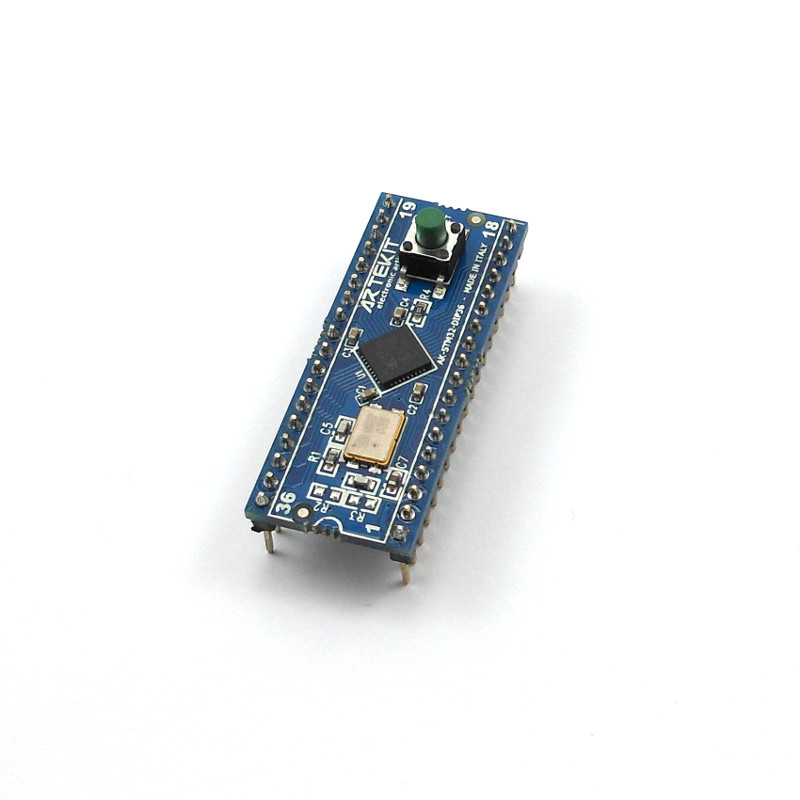
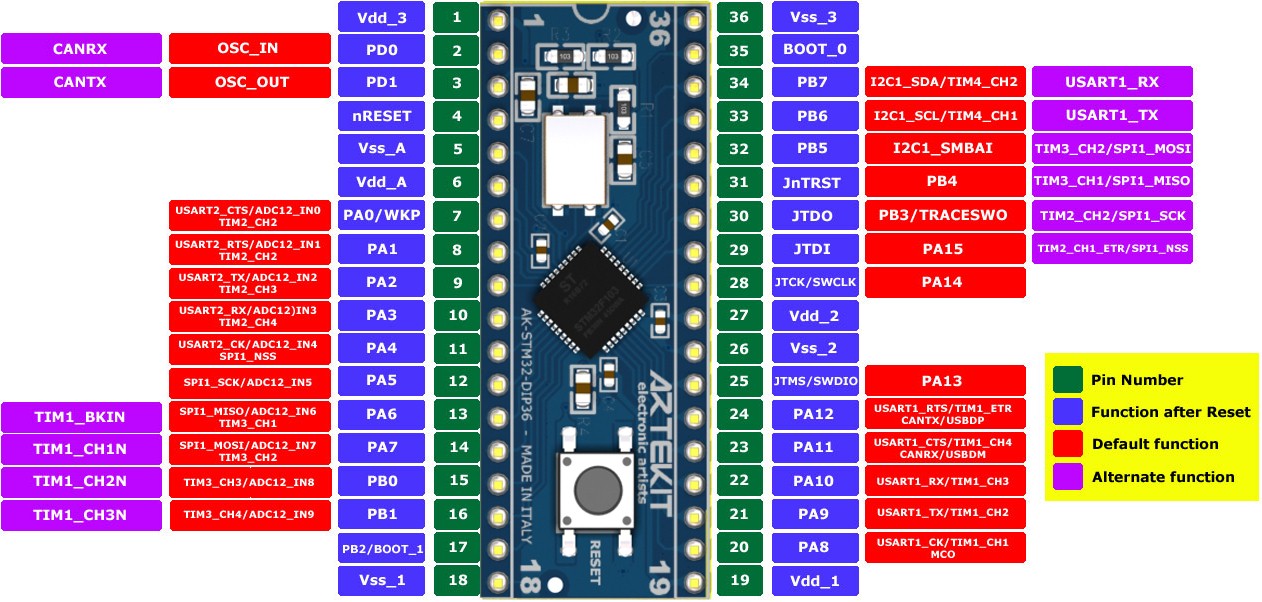

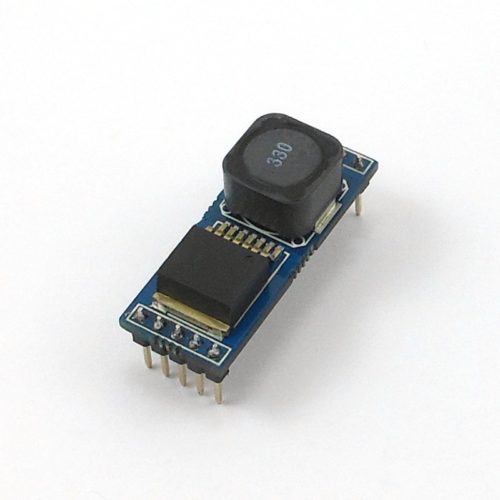
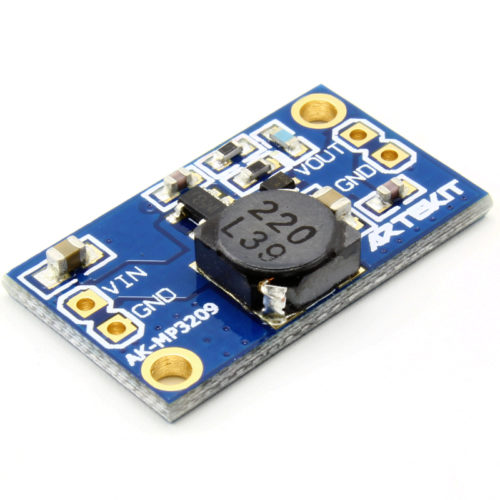
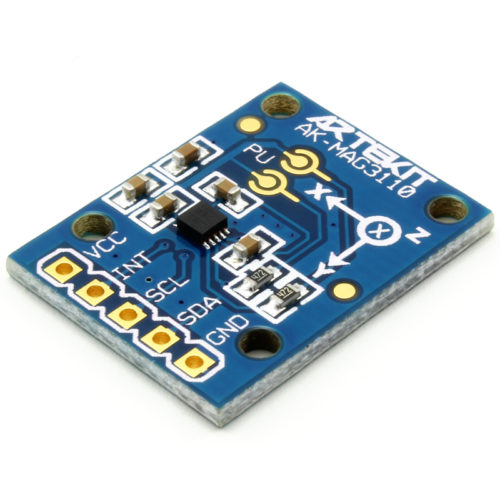
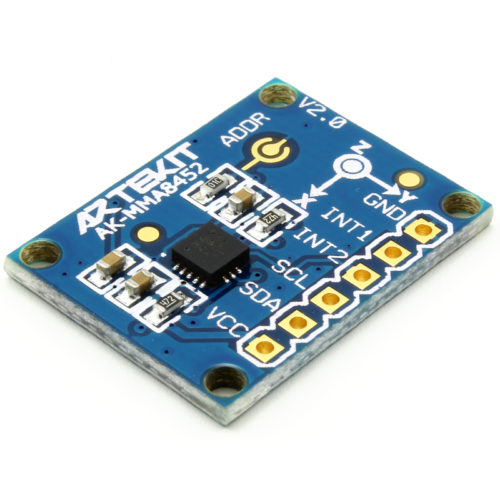
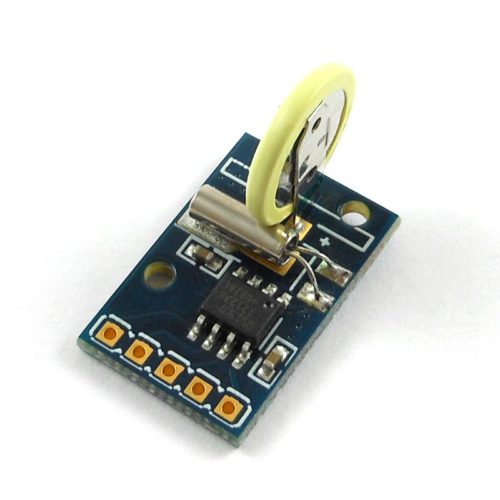

Comments
You must be logged in to post a comment.
Can the internal clock be used, or is it used by default? I’m rather confused. I’ve had a look at your lightsaber example, and it gives no indication weather or not it is using the internal clock by default?
Hi. You can use the internal clock (HSI), or the external clock (HSE) with the on board oscillator. It depends on the initialization code you use. The standard ST libraries allows you to select the clock source by the means of precompiler defines.
The lightsaber sound board demo uses the HSE clock.
Perfect. Found the everything in the “system_stm32f10x.c” I need after starting a new project in Keil:
“3. If none of the define below is enabled, the HSI is used as System clock
source.”
#if defined (STM32F10X_LD_VL) || (defined STM32F10X_MD_VL) || (defined STM32F10X_HD_VL)
/* #define SYSCLK_FREQ_HSE HSE_VALUE */
/* #define SYSCLK_FREQ_24MHz 24000000 */
#else
/* #define SYSCLK_FREQ_HSE HSE_VALUE */
/* #define SYSCLK_FREQ_24MHz 24000000 */
/* #define SYSCLK_FREQ_36MHz 36000000 */
/* #define SYSCLK_FREQ_48MHz 48000000 */
/* #define SYSCLK_FREQ_56MHz 56000000 */
/* #define SYSCLK_FREQ_72MHz 72000000 */
#endif
Cheers. I’ll one of these shortly.